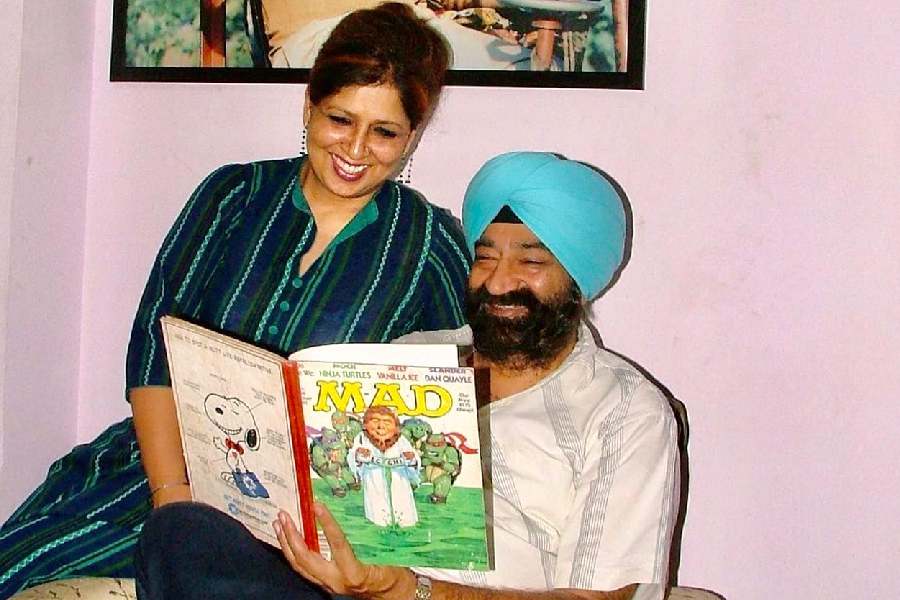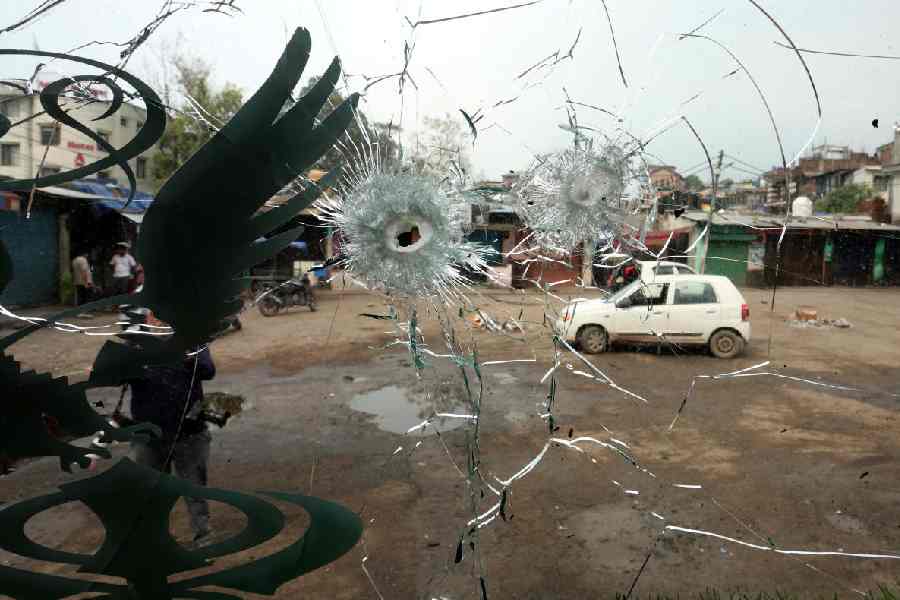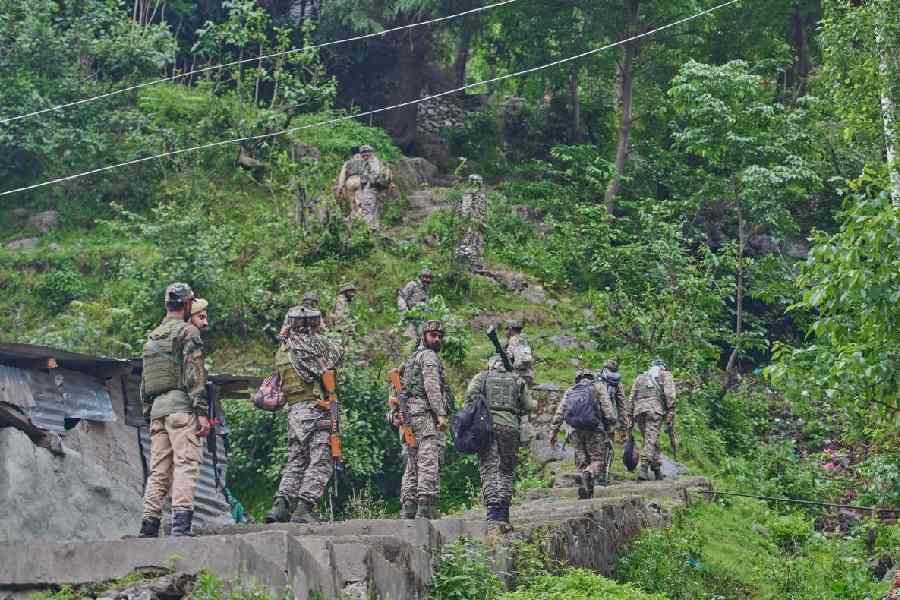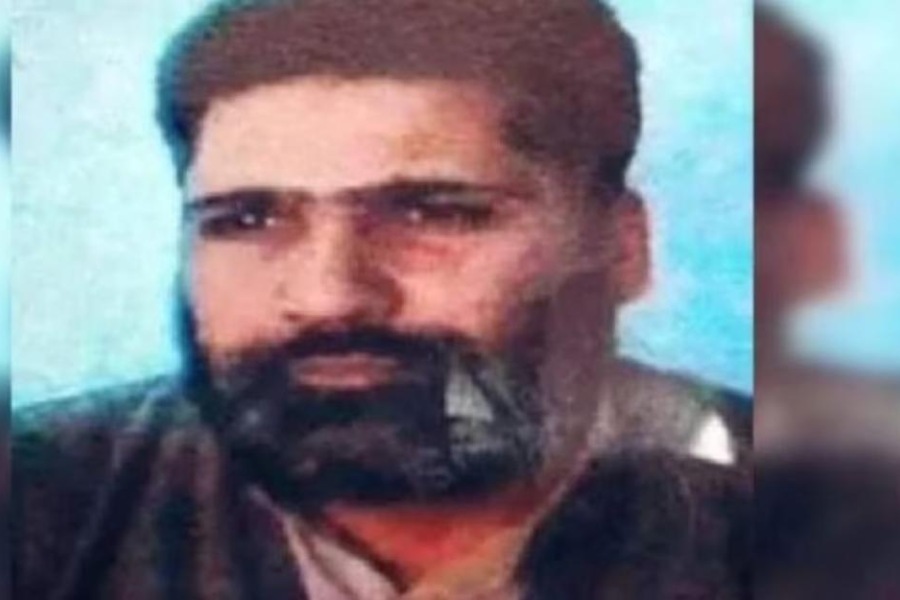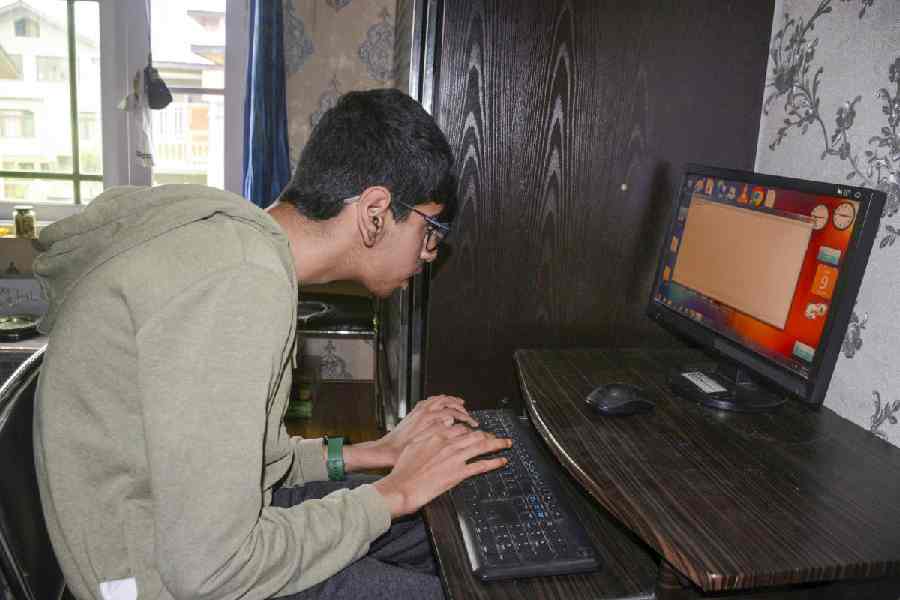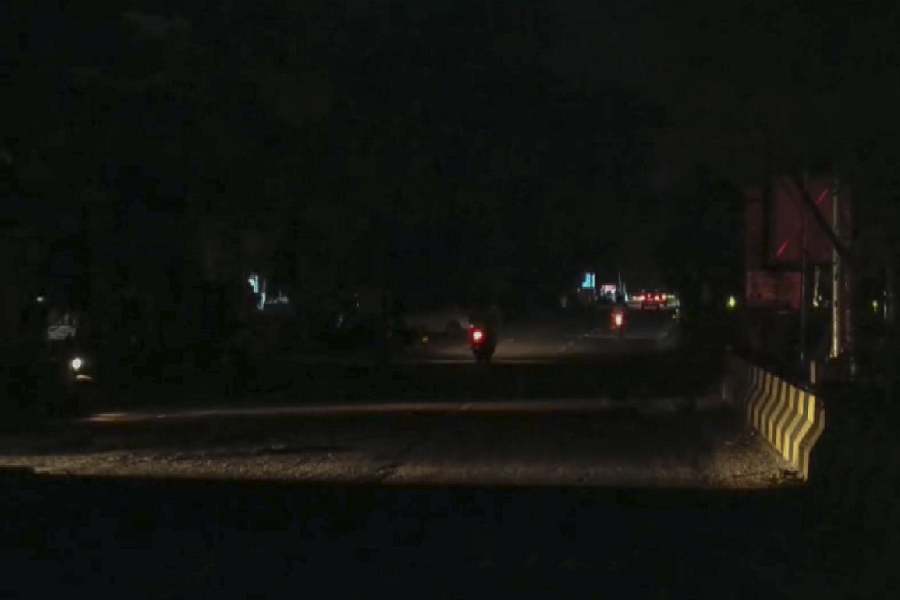New Delhi: Rohingya refugee children who lack proper education in camps in Bangladesh could become a "lost generation", the UN said on Thursday, a year after Myanmar's army began a crackdown that has forced more than 700,000 people to flee the country.
The lives and futures of more than 380,000 children in refugee camps in Bangladesh are in peril, while hundreds of thousands of Rohingya children still in Myanmar are cut off from aid, said a report by Unicef.
Bangladesh prohibits refugees from receiving formal education, because the government is concerned that the Rohingya population may become a "permanent fixture", according to Unicef spokesman Alastair Lawson-Tancred.
At the outset of the refugee crisis, aid agencies set up informal learning centres for children aged 3 to 14, but older teenagers feel alienated and hopeless, Lawson-Tancred said. "Unquestionably, there is a danger that we might be facing a lost generation," he said by phone from Bangladesh's Cox's Bazar district.
"Sooner or later, you're going to have large groups of disaffected youth on your hands."
Most of the refugees crossed the border within the first four months of military operations, which began after Rohingya insurgents launched deadly attacks on security forces in the frontier state of Rakhine on August 25, 2017.
Myanmar officials have repeatedly denied that soldiers carried out atrocities against Rohingya civilians, which have been documented by activists and include rape, murder and arson.


